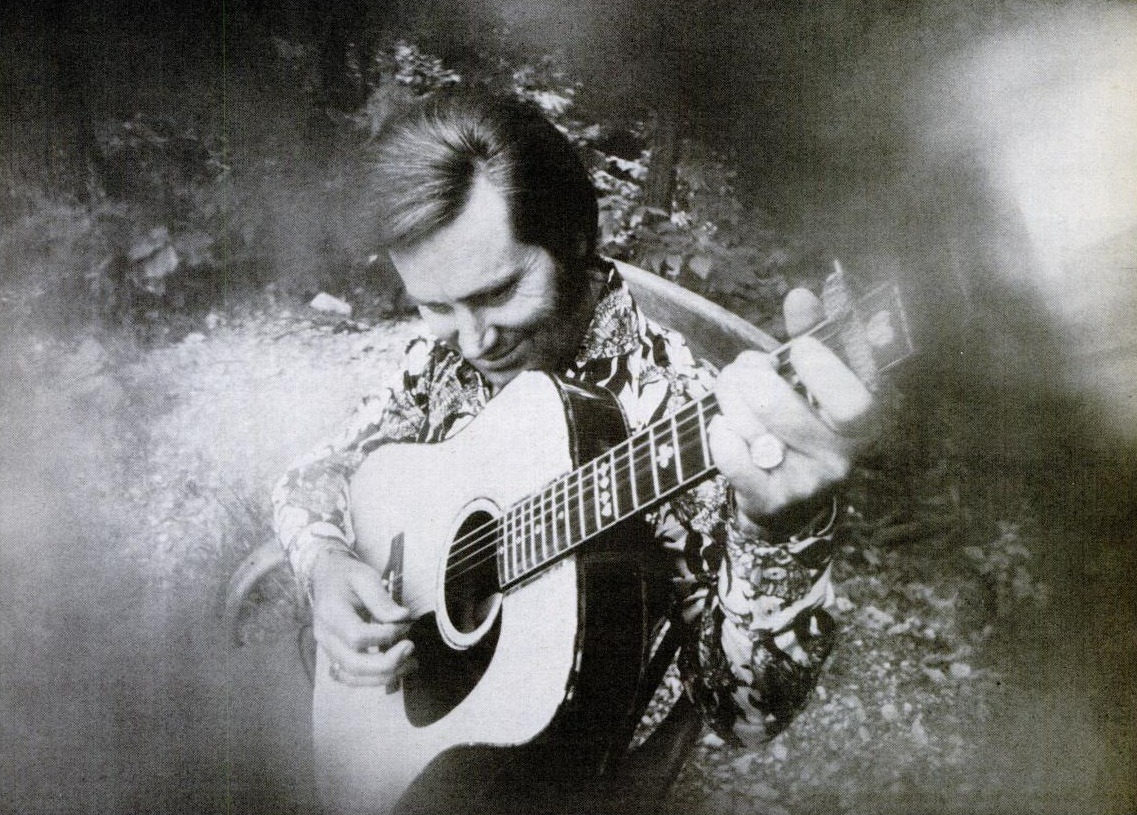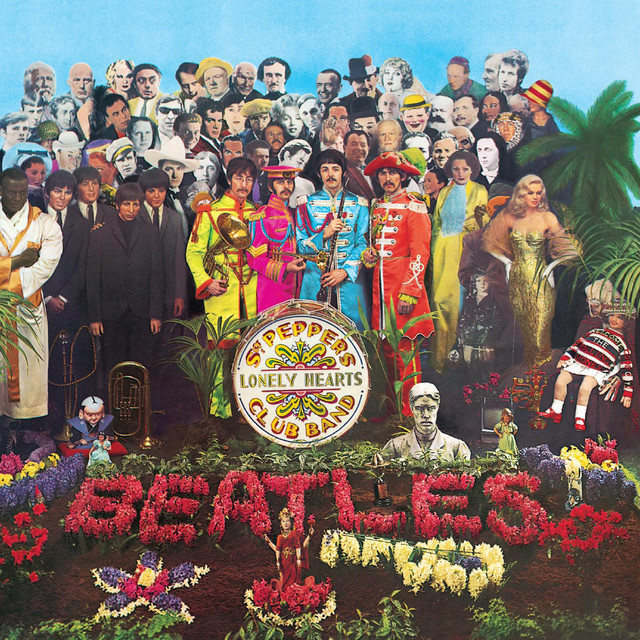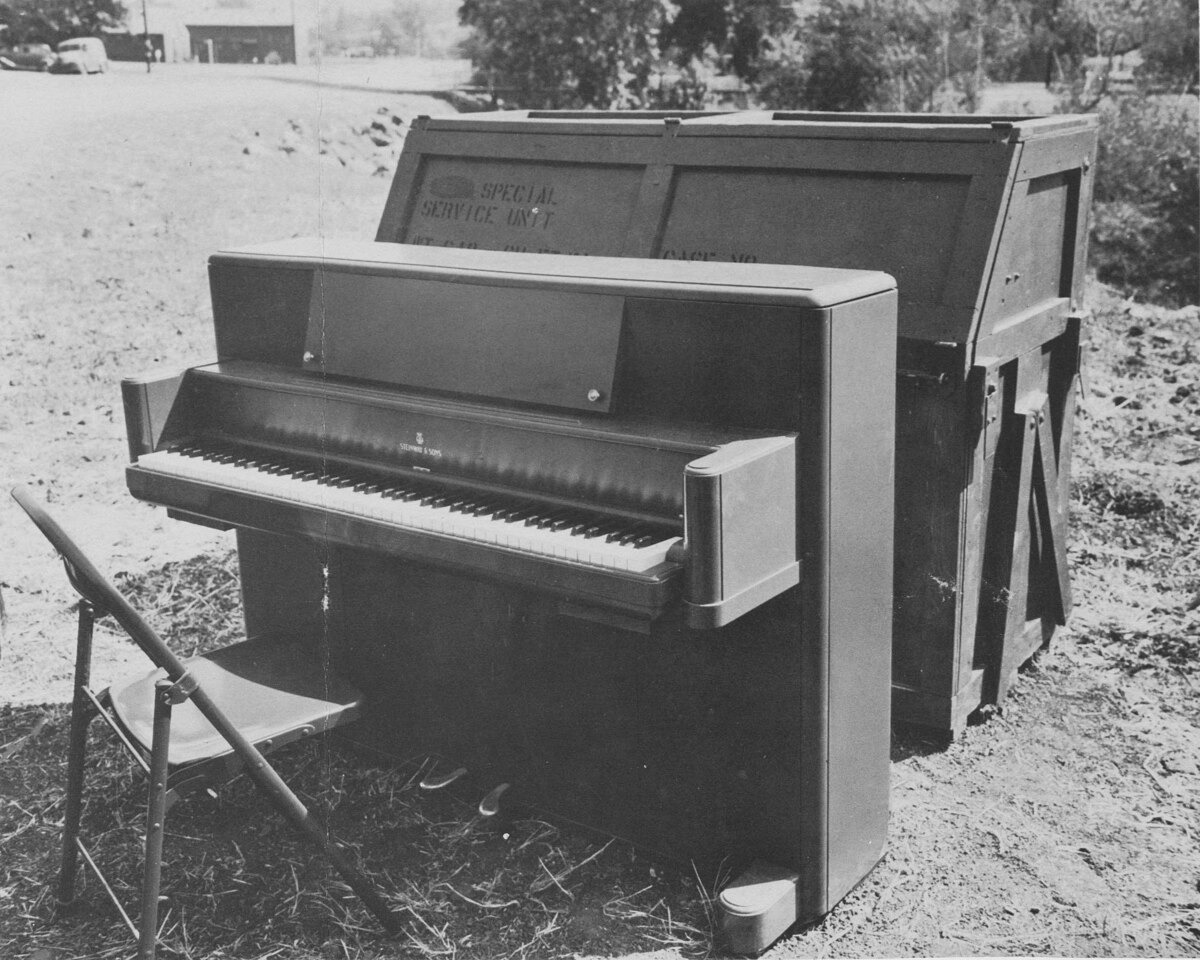Country music’s mythology runs deeper than most genres, but few songs carry the weight of George Jones‘ “He Stopped Loving Her Today.” This 1980 ballad earned widespread acclaim as the greatest country song ever recorded—while simultaneously becoming known as the genre’s most cursed creation.
Jones initially resisted the track, expressing his concerns to producer Billy Sherrill during the recording process. The song’s relentless finality unsettled Jones from day one, yet it would resurrect his flagging career and define his legacy forever.
The Song That Changed Everything
Billy Sherrill’s persistence transformed Jones’s reluctance into country music’s defining moment.
Sherrill later described the production as “a funeral march,” and he wasn’t exaggerating. The track chronicles a man whose love survives even his own death—a narrative so heavy it seemed to bend reality around itself. After release, “He Stopped Loving Her Today” became Jones’s biggest hit and country music’s gold standard for heartbreak balladry.
But success came with strings attached. Jones found himself trapped performing this emotional marathon night after night, with audiences demanding their dose of scripted tragedy. The song that saved his career also became his artistic prison—like Taylor Swift being eternally linked to her breakup songs, except Jones was locked into performing someone else’s funeral every show.
The track’s mournful three-and-a-half-minute runtime felt endless on stage. Jones had to relive its themes of undying devotion and final surrender hundreds of times over three decades.
When Art Becomes Prophecy
Personal tragedies surrounding the song’s key figures fueled the curse narrative that haunts country music to this day.
The curse story gained momentum as personal tragedies accumulated around the song’s orbit. Tammy Wynette, Jones’s ex-wife and musical partner whose own catalog explored abandonment and heartbreak, died at 55. The timing felt too coincidental for country fans who’d watched these artists blur the lines between performance and reality for years.
The “curse” likely reflects something deeper—country music’s tendency to mythologize its own pain. The genre thrives on authentic suffering, and when artists deliver that vulnerability night after night, the performance can consume them.
Jones himself seemed to understand this paradox. The song that made him immortal also exhausted him emotionally, demanding he channel grief that wasn’t originally his own.
When George Jones died in 2013, “He Stopped Loving Her Today” played at his funeral, completing a mythic circle that began with his reluctant first recording session. Sometimes art doesn’t imitate life—it predicts it.


























